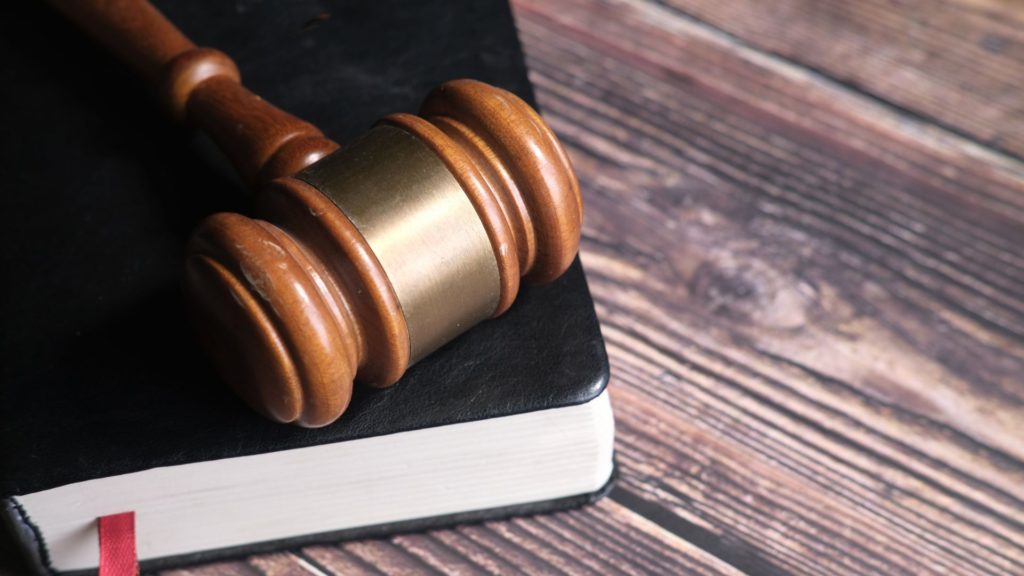
The Church & Society/Social Justice Committee hosted a February 26 Meaningful Movies event focused on criminal justice reform and dismantling the U.S. system of mass incarceration. The featured film was True Justice: Bryan Stevenson’s Fight for Equality, which highlights Stevenson’s work with the Equal Justice Initiative and efforts to address systemic racism in the U.S. criminal justice system.
The film’s summary educational materials note that “In the last half-century, America has become the nation with the highest rate of incarceration in the world, has authorized the execution of hundreds of condemned prisoners, and remains the only country with no minimum age of trying children as adults in the criminal justice system. Punitive practices disproportionately target and impact communities of color, where more than half of the people on death row in this country are people of color.” The film explores how Bryan Stevenson, Founder and Executive Director of the Equal Justice Initiative, has “advocated on behalf of the disadvantaged, the incarcerated, and the condemned, seeking to eradicate racial discrimination in the criminal justice system.”
The event featured a panel of speakers discussing current efforts to address the issues raised by the film, particularly at the local county and state-wide level. Panelists represented a variety of aspects of justice system reform efforts:
- Tiarra Dearbone, Program Director for Seattle/King County Law Enforcement Assisted Diversion (LEAD) program, which provides “community-based care for people who commit law violations related to behavioral health issues or extreme poverty.”
- Anthony Blakenship, Senior Community Organizer, Civil Survival. Civil Survival is an organization led by and for formerly incarcerated individuals. In addition to legislative, policy and advocacy efforts, they “work to organize people who have been directly impacted by the criminal justice system to build connections, gain knowledge, and increase political participation,” and provide a re-entry legal aid program.
- Kurt Myers, Reentry Grant Program Coordinator for the Washington State Department of Commerce Re-entry program. This program provides “grants to community-based programs to provide reentry services for formerly incarcerated persons and supports to facilitate successful transitions to the community.”
Ways to learn more and take action highlighted during this event:
- At the national level, learn more about the work of the Equal Justice Initiative
- Watch the full-length film True Justice: Bryan Stevenson’s Fight for Equality
- At the state and local level, explore and support legislative efforts. See more here at Civil Survival’s 2023 legislative priorities list and Faith Action Network, and sign up for the mailing lists for these organizations to keep up to date:
- House Bill (HB) 1024: Real Labor, Real Wages Act would require that workers incarcerated in Washington prisons be paid minimum wage and set up personal savings accounts that people cannot access until their release. This will enable formerly incarcerated individuals to gain housing and re-establish their life in the community.
- House Bill (HB) 1087 / Senate Bill (SB) 5135: Solitary Confinement Reform: aims to cap the use of solitary confinement at 15 consecutive days and no more than 45 days in a calendar year. This bill also establishes restrictions on its use for vulnerable populations, requires medical evaluations, and establishes standards for living conditions.
Learn more and get involved in the work of organizations such as Choose 180 , Creative Justice, and Community Passageways, which focus on youth and dismantling the school-to-prison pipeline. Choose 180 “envisions a future where youthful behavior is decriminalized and young people are offered restorative practices in lieu of traditional prosecution.”
Submitted by Church & Society / Social Justice Committee
